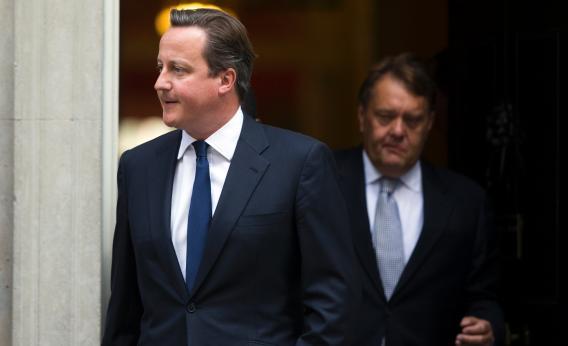Tonight brings the somewhat stunning development of the British Parliament voting down a preliminary authorization for military intervention in Syria. Asked whether he would try to circumvent Parliament using the royal prerogative, David Cameron gave the following statement:
I strongly believe in the need for a tough response to the use of chemical weapons, but I also believe in respecting the will of this House of Commons. It is very clear tonight that, while the House has not passed a motion, it is clear to me that the British parliament, reflecting the views of the British people, does not want to see British military action. I get that and the government will act accordingly.
Obama administration officials told the New York Times today that the president would be willing to move forward on strikes without international allies, but this is still a big deal. As the Guardian’s Spencer Ackerman notes, today’s vote would make a strike on Syria the first major non-covert U.S. military operation in about two decades undertaken without British support.
With U.N. Security Council authorization out of the question and NATO leaders saying they expect the organization’s role “to be limited to political statements and don’t foresee it being called upon to participate in any future military attack”—some member states were already on record opposing the use of force—that means that the most important ally in this operation could be … France.
(Australian Prime Minister Kevin Rudd appears to support a strike, but with elections upcoming, a military role for the country seems unlikely.)
The government of Europe’s leading hawk said openly today for the first time that its military is preparing for a possible operation in Syria, and President Francois Hollande does not need parliamentary approval for military action lasting less than four months.
Things have certainly changed since 2003.
